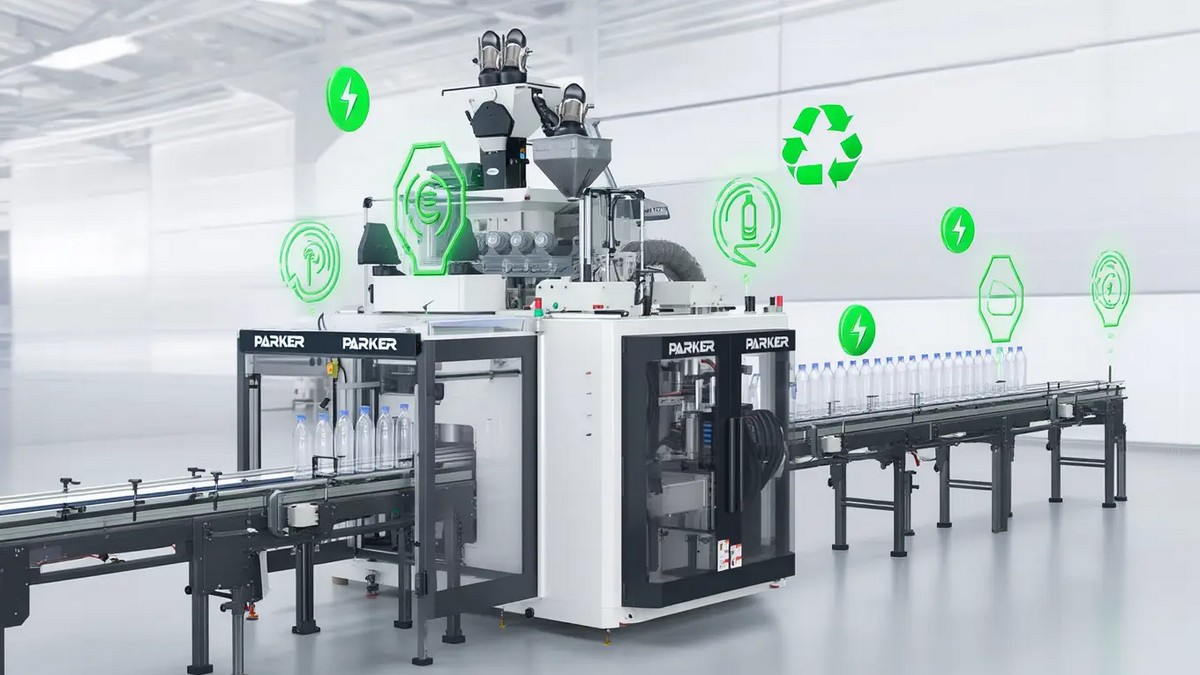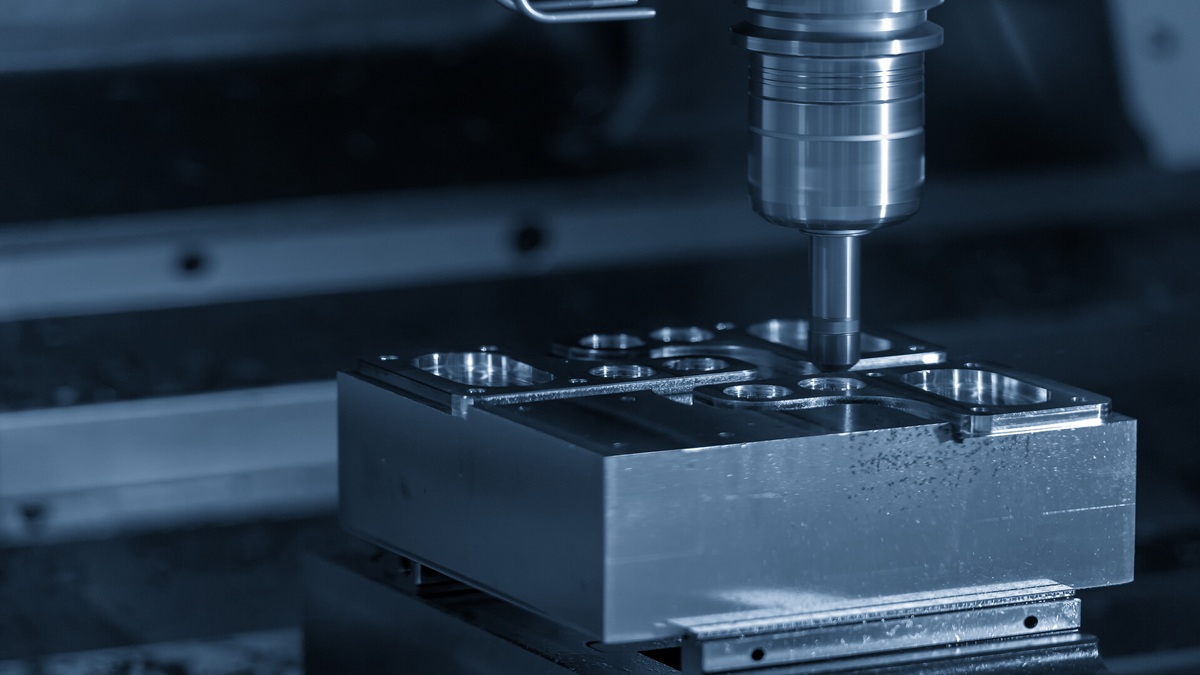Market News
The following article reviews how Plastic Blow Molding Machines are being adapted to process higher shares of recycled plastics (PCR and mechanically/chemically recycled streams). It evaluates machine design trends—full-electric drives, multi-layer co-extrusion, accumulator systems—and summarizes implications for manufacturers and brand owners. Key industry players are highlighted for context.
2025-11-17 14:25:32
At airports, it's a common sight to see travelers dragging suitcases packed with health supplements from Japan or Germany. Why are so many people willing to spend extra money and risk customs checks just to bring home capsules from Japan, Germany, or even the US? This "cross-border health" trend is more than a personal choice; it reflects a mix of market factors driven by brand preference, price differences, and product uniqueness.
2025-08-28 15:09:49
In 2025, as global manufacturing continues its rapid digital transformation, the machine tool industry is facing significant change. International buyers in aerospace, electric vehicles, and high-end electronics are increasingly prioritizing smart services and data applications over mere machining precision. Taiwan's machine tool industry is actively integrating the Internet of Things (IoT), artificial intelligence, and big data technology, expanding from traditional hardware manufacturing into the smart solutions sector. This move helps global manufacturing clients boost production efficiency and enhance equipment maintenance management. This article will delve into how Taiwan's machine tool industry is becoming an indispensable smart partner for global manufacturing, delivering sustained value.
2025-08-27 14:56:00
In the fast-evolving global manufacturing landscape, electric vehicles (EVs), semiconductors, and aerospace industries are emerging as key drivers of technological upgrades. These sectors share a common requirement for complex and high-precision components, which conventional machining methods alone can no longer fully address. This demand is reshaping the machine tool industry chain, from upstream components to midstream machine manufacturing and downstream applications, all showing strong trends toward integration and intelligent development.
2025-08-26 15:54:52
As the IoT rapidly advances, traditional printed labels are evolving into intelligent “smart tags.” No longer merely adhesive printings, these tags embed chips and sensor modules to enable real-time product tracking, authentication, and even consumer interaction. This technological shift is reshaping operations across logistics, retail, healthcare, and manufacturing.
2025-08-26 15:39:52
In 2025, the global healthcare industry is entering a critical period of rapid technological innovation and profound market transformation. While facing multiple challenges such as labor shortages, rising costs, and policy uncertainties, the industry is also embracing growth opportunities driven by cutting-edge technologies like artificial intelligence, regenerative medicine, and bioprinting. With continued active investment in health tech, the medical market is demonstrating strong resilience, painting a new blueprint for the future.
2025-08-26 14:46:03
The core requirements for food processing equipment lie in safety, efficiency, and durability. CNC (Computer Numerical Control) technology, with its precision and automation advantages, has become a key enabler in the manufacturing of slicers, packaging machines, mixers, and other equipment. With the global food processing equipment market projected to grow from USD 55 billion in 2023 to USD 75 billion by 2030 (a CAGR of approximately 4.5%), CNC is driving the industry toward greater intelligence and efficiency.
2025-08-26 10:02:34
In the sports equipment industry, CNC (Computer Numerical Control) machines are the key driver for high product performance, extended durability, and enhanced market competitiveness. From golf clubs to bicycle frames, CNC machining combines high precision and flexibility, not only meeting the strict quality demands of professional athletes but also providing efficient and customizable manufacturing solutions for buyers.
2025-08-26 09:57:49
Globalized supply chains were originally driven by an “efficiency-first” mindset. However, in the context of the US–China tech competition, geopolitical tensions, export controls, and technology embargoes have placed multiple pressures on the electronics industry, including chip restrictions, equipment limitations, and trade barriers. Traditional production models, which rely on concentration in a single region, have become increasingly unsustainable. These developments have prompted companies to recognize that, beyond cost reduction, ensuring supply chain stability and control over autonomy is now far more critical.
2025-08-26 09:30:02
The global high-tech sector is at a critical crossroads, facing the dual challenges of rapid technological iteration and a severe talent shortage. In Taiwan, a world-renowned hub for precision manufacturing, the situation is no different. As the end-user market demands higher precision processing and the wave of smart manufacturing and digital transformation sweeps in, the government has long recognized that nurturing talent is paramount to maintaining the nation's industrial competitiveness.
2025-08-22 16:58:43
Hot Topic
Agree







.jpg)
.jpg)
.jpg)
